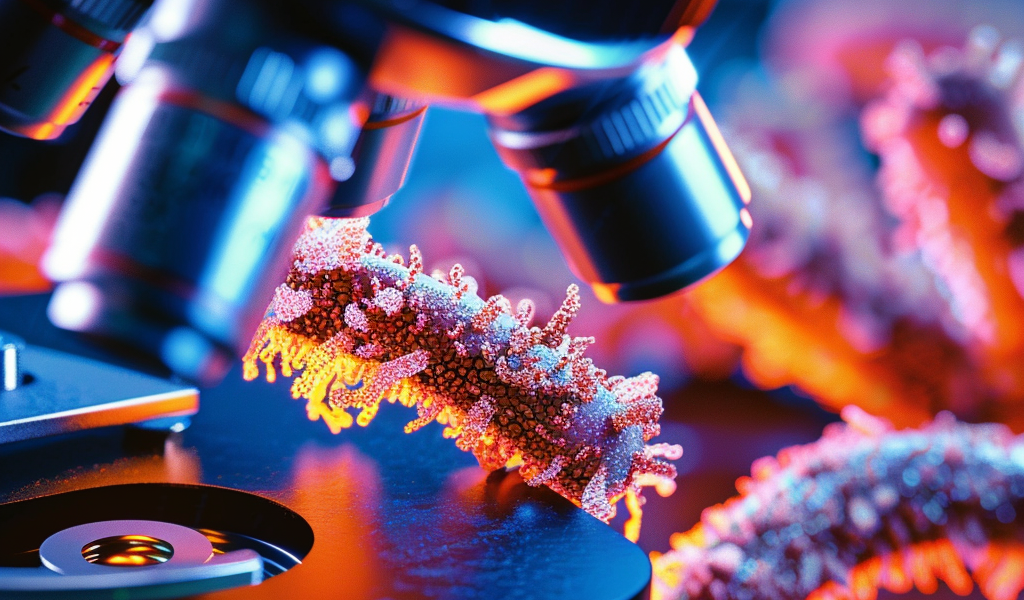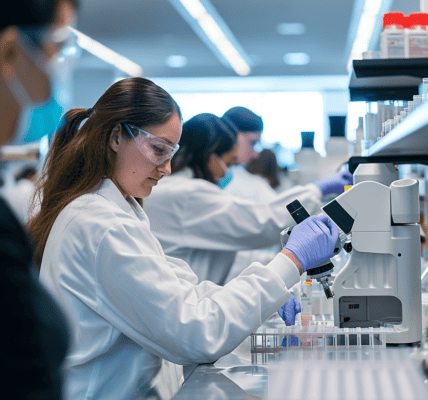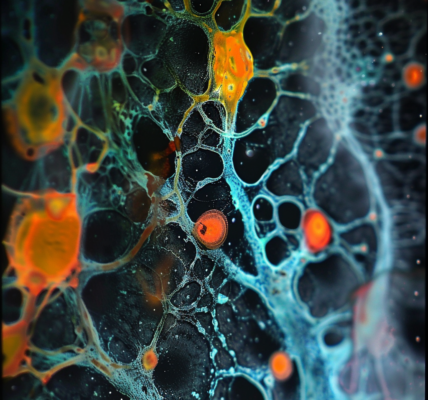A groundbreaking study published in the journal Nature has revealed a startling discovery in the field of cancer research. Researchers have identified a new type of bacteria that was found in 50% of colon cancers, with many of these cases being particularly aggressive.
The study highlighted that a common type of bacteria has two distinct subspecies, one of which was found to shield tumor cells from cancer treatment. This finding has significant implications for the development of new treatments and potential screening methods.
Colon cancer, the second-leading cause of cancer deaths in the United States, is projected to claim the lives of over 53,000 individuals in 2024, according to the American Cancer Society. Alarmingly, the rates of colon cancer diagnosis among individuals under 55 have nearly doubled from 1995 to 2019, escalating from 11% to 20% of cases, often at more advanced stages.
Dr. Flavio Rocha, a surgical oncologist and physician in chief at the Oregon Health & Science University’s Knight Cancer Institute, emphasized the treatability of colorectal cancer when detected early, but expressed concern over the unexplained surge in cases among younger individuals. While the study did not directly link the newly discovered bacteria to the rise in cases among younger people, it has prompted speculation regarding its potential role in the global increase of young onset colorectal cancer.
The implications of this research are profound, offering a potential avenue for developing targeted treatments and enhancing screening protocols to combat the growing threat of colon cancer. As the medical community continues to grapple with the complexities of cancer, this groundbreaking discovery represents a significant step forward in understanding and addressing the challenges posed by this devastating disease.





